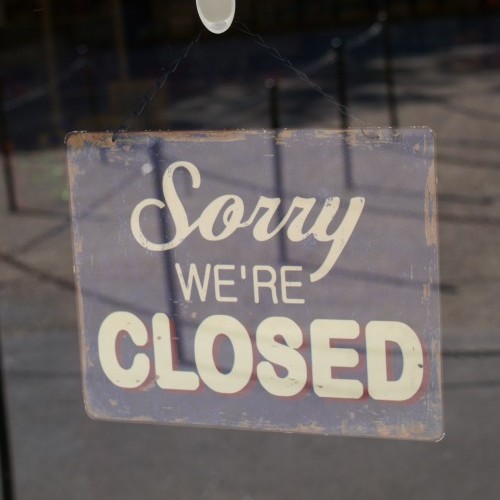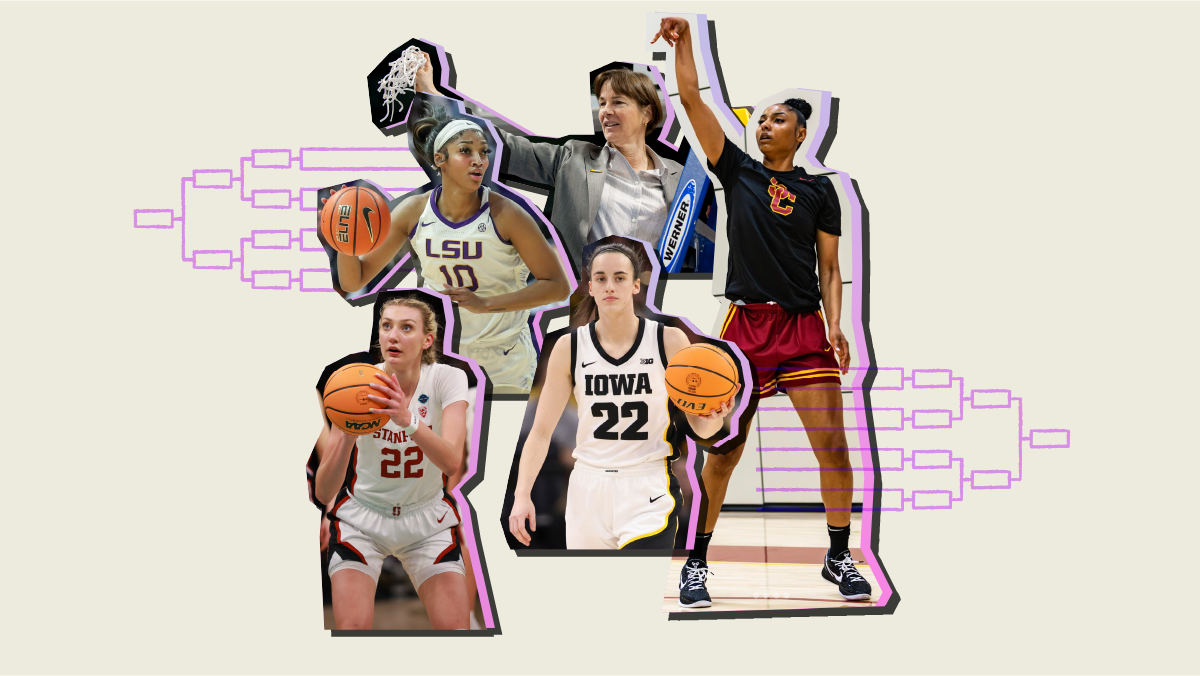Abortion rights, women of color, and LGBTQI+ people are under attack. Pledge to join us in fighting for gender justice.
5 Brazilian Feminists Sticking’ it to the Man
I am jazzed about the Olympics. And I mean Spirit Fingers jazzed.

To date, Team USA has won 84 medals. We have some badass women representing Team USA—check out these five. We are also seeing strides to celebrate diversity among athletes, such as the exciting Paralympics, set to begin in September, and women like Ibtihaj Muhammad challenging uniform norms as the first hijabi woman to compete for Team USA.
For me, the Olympics spark feelings of opportunity and freedom, national pride and a greater sense of belonging to the international community. This year, however, I also have some serious concerns about challenges facing our Olympic host city, Rio de Janeiro: government turmoil, environmental and health issues stemming from local water sources, the Zika virus threat for pregnant women, violence against women and the trans community, and cleansing the streets of homeless children to set the stage for international tourism. The list goes on and on…
As we notice these issues at play during the Games, and as we cheer on Team USA and our international communities, let’s also lift up the voices of local feminists working to affect change and improve many of these challenges in Brazil.
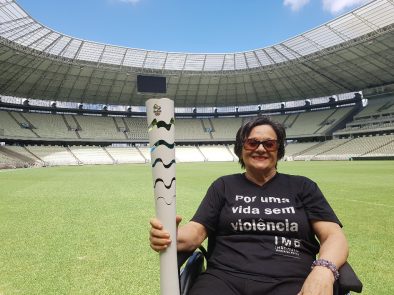
1. Maria da Penha
Da Penha is a 72-year-old activist and survivor of domestic violence. She survived TWO attempts of murder by her husband. After nearly 20 years of fighting her husband in court, he received only two years in prison.
In 2006, the Brazilian government passed a law named after da Penha to support survivors of domestic violence and give stricter sentences for offenders. She is a national icon representing the fight to end violence against women. On June 7, 2016, da Penha carried the Olympic torch in Fortaleza and passed the flame to our second activist…

2. Juliana de Faria
A community organizer via online activism, de Faria rose to social media fame through her 2013 blog and eventual NGO, Think Olga, which sparked conversation about women’s issues. She also started the social media movement #ChegaDeFiuFiu (no more catcalls). She and da Penha are credited with bringing conversations about domestic violence to the Olympic stage.
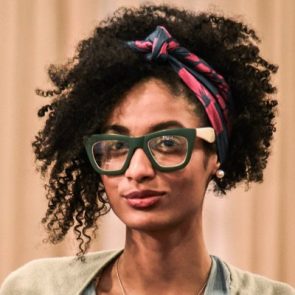
3. Stephanie Ribeiro
Ribeiro identifies as a student and black feminist activist. This 23-year-old has gained national attention for speaking out about the racism and violence experienced by the Black population of Brazil.
She spoke to Refinery 29 about the Olympics and the role the media could play in highlighting black female athletes like Serena Williams. She also shares her concerns about some media portraying Brazilian women as sex objects. She dreads “tourists touching us without permission” and said she faced increased harassment on the streets during the 2014 World Cup in Brazil.
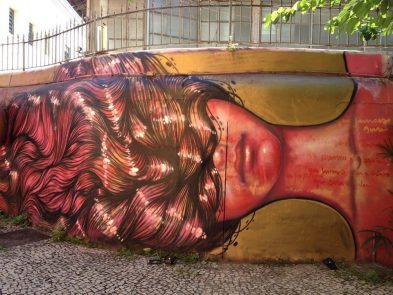
4. Panmela Castro
Panmela Castro uses street graffiti as a form of protest and solidarity with women experiencing domestic violence. She has traveled across the world painting the “female body in dialogue with urban landscapes” and uses art to question “otherness” and the gender binary.
This mural sits in the Olympic host city, engaging locals and tourists in challenging gender violence.
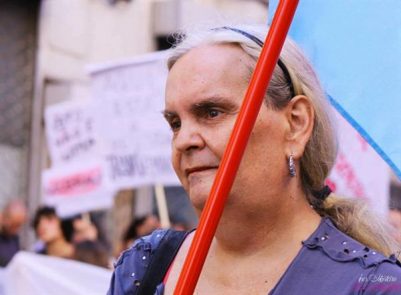
5. Eduarda Alice Santos
Alice Santos is a Portuguese transgender woman and reporter for Planet Transgender. She writes about violence against trans folks in Brazil and discusses concerns about the Olympics and sex tourism. In a recent article, Alice Santos reports on the increased internet searches for ‘transsexual Brazilians’ and suggests that it is closely related to the many tourists arriving in Rio for the Olympic games. According to Transgender Europe, Brazil has the highest rate of violence against the trans community in the world.
Look out for these inspiring feminists in the remaining weeks of the Olympics. Despite the many challenges facing the Olympics this year, some of these activists have already used the Games to raise awareness of gender-related issues in Brazil. While we cheer on our athletes stickin’ landings in the arena, let’s also cheer on local activists stickin’ it to the man outside the arena.



